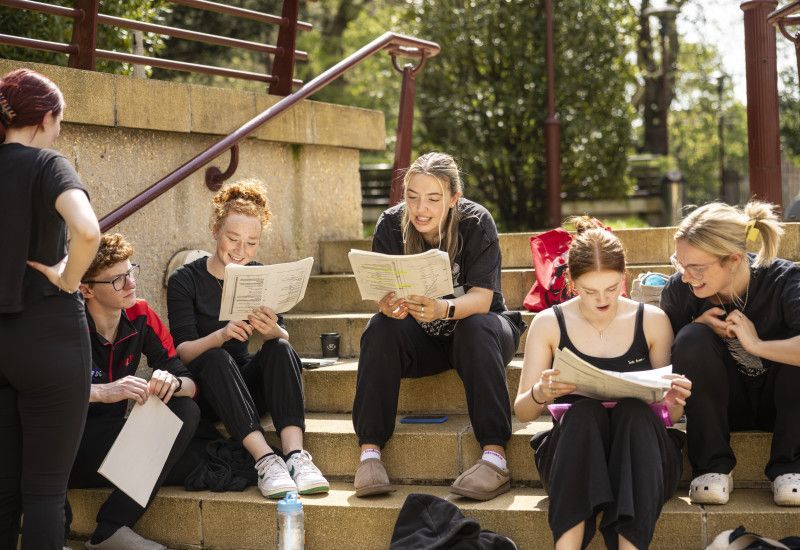Why don’t girls go to school?
The Creation of our Positive Periods Programme - giving girls access to education
We found that girls are missing 48 days a year from school and many of them were dropping out of school altogether as they cannot afford period protection and they do not have adequate toilet and washing facilities at their schools.
We decided to take action immediately. We carried out a pilot project which led us to a sustainable and replicable solution, the ‘Positive Periods Programme’. A training programme which teaches girls and women about menstrual health, and how to make their own sanitary pads.
These pads needed to be locally made using locally sourced materials, affordable, sustainable, reusable and washable, yet long lasting, comfortable and very importantly eco-friendly.
The pilot highlighted the need for a flexible program that could be adapted for each country or area to take into account cultural differences, different types of pads to suite different body types and fashions, variations in training facilities, and to be adaptable to teach hand sewing where sewing machines are not available. We learned that menstruation is seen as a scary and secret subject, so education around women’s health was essential.
Educators from The Gambia, shared this training with their colleagues in Sierra Leone. To date this work has enabled over 60,000 girls to go to school and participate in daily life – and that’s just in The Gambia and Sierra Leone. The teachers tell us “it is a life changer for women and girls in The Gambia.”
We have now taken this programme to Cuba where they have adapted it and made it their own. Grandmothers are training their granddaughters, and they are running the programme by WhatsApp and Zoom in response to Covid restrictions. They have shared this training with 20 different women's groups across Cuba this year already. The teachers in Malawi and Uganda are ready to start the training as soon as it is possible.
Think how much more could be achieved if with your help we can roll this program out to the countries who have requested this training, Nigeria, Guinea Bissau, Ghana, Ethiopia, South Africa, Guyana, Cambodia, Nepal, Haiti and even the UK.
Talking about the issue of periods is still taboo. Our challenge is to change that. Let’s talk about periods and manage them in a better and more sustainable way. Let’s stop it being a secret, shameful experience. Let’s ensure that girls have the health knowledge that they need to manage their periods and their lives.
Our program has worked, help us to get it to more women. We need you to make this happen.
In our shop we have ‘The Gift of Positive Periods’ so you can donate directly to this cause and send this digital gift to a friend.



Lord Lieutenants Charity HubWarner Brothers StudiosSuite 23, Building 6, Hercules Way,LeavesdenWD25 7GS
Learn More
0208 013 9616
All Rights Reserved | The Steve Sinnott Foundation


